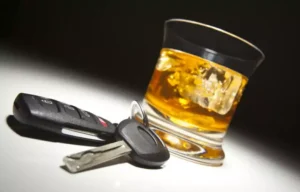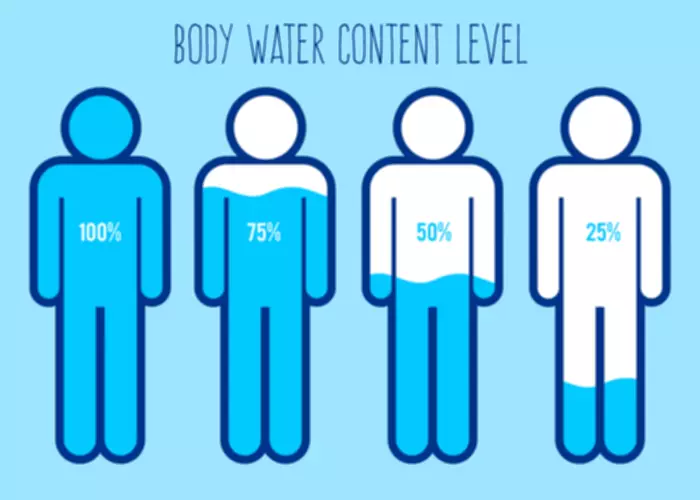Share information about all medications and supplements you’re taking with your doctor or pharmacist. If you’re feeling socially isolated or lonely, and you cannot see your friends and family in person for any reason, try reaching out over alcohol and depression the phone or joining a virtual club. In 2022, New Mexico’s death rate was the highest at 42.7 per 100,000 people, which was more than six times higher than Hawaii, the state with the lowest rate at 7.1 per 100,000 people (Figure 4).
Depression may increase alcohol use
People with bipolar disorder also experience episodes of depression in addition to manic or hypomanic episodes. See our Terms of Service and Privacy Policy for more information. Coping with depression isn’t easy, but if you, a family member or a friend is struggling, there is help. NAMI is there to provide support and resources for you and your family. The National Center for Complementary and Integrative Health reviews research on complementary treatments.

Alcohol use and depression symptoms

It often feels very tempting (and easy) to keep drinking until you feel better, especially when you have less access than usual to more helpful coping methods. If you tend to rely on alcohol to ease anxiety in social situations, for example, you might never address the underlying causes of your discomfort. You might begin drinking more regularly in order to feel better or forget about those unwanted emotions and memories.
International Patients
Your primary care provider can refer you to a therapist, but you can also try directories, such as this one through Psychology Today. Drinking can seem like an easy way to cope with difficult emotions in the moment, but it’s generally not effective in the long run. Taking action to manage negative emotions as you experience them can help keep them from getting too overwhelming. A glass of water and a light snack can help you avoid a bad hangover.
Alcohol and mental health

Depression can return after you get treatment, though, so it’s important to seek medical help as soon as symptoms begin again. Healthcare providers diagnose depression based on a thorough understanding of your symptoms, medical history and mental health history. They may diagnose you with a specific type of depression, such as seasonal affective disorder or postpartum depression, based on the context of your symptoms. When someone you love and care about experiences the symptoms of mental illness, you face unique challenges yourself, including complex family dynamics, social isolation and often unpredictable behavior. Getting support for yourself is essential for you to be able to be helpful for the person you care about. Norepinephrine-dopamine reuptake inhibitors (NDRIs) increase dopamine and norepinephrine.
How alcohol can affect your mood
- The test is free and confidential, and no personal information is needed to receive the result.
- Heavy alcohol use also can make antidepressants less effective.
- This includes options for NHS support, links to charities, helplines and communities, and tips on self-care.
- Better understanding of such pathways could lead to screening or interventions to reduce risk of depression.
- But this does not mean alcoholism cannot lead to depression, especially alcohol and depression the next day.
You can also ask about other support groups or talking therapies to help you. Some people may drink to try to relieve the symptoms of mental ill-health. Common signs and symptoms of depression in children and teenagers are similar to those of adults, but there can be some differences. For many people with depression, symptoms usually are severe enough to cause noticeable problems in day-to-day activities, such as work, school, social activities or relationships with others. Some people may feel generally miserable or unhappy without really knowing why. Research from 2013 also supports the link between alcohol use and self-harm.
It’s not unusual for low spirits to accompany heavy alcohol use. In fact, research shows that anxiety and mood disorders commonly co-occur with alcohol use disorder, and depression is the most common among them. Genetic, psychological, social and environmental factors can impact how drinking alcohol affects your body and behavior. Theories suggest that for certain people drinking has a different and stronger impact that can lead to alcohol use disorder.
Fehling recommends that family and friends of heavy drinkers “build a cohesive message” and unite. Depending on your situation, it may be wise to locate and be in touch with a treatment center in case one is needed immediately. Support groups like Adult Children of Alcoholics and Al-Anon can also be helpful, Fehling says. Not helping matters is the fact that heavy drinking has increased in recent years, largely due to the coronavirus pandemic.
Top doctors in ,
- In some cases, severe symptoms of delirium tremens can develop.
- Connect with other people experiencing depression in support groups or meetings.
- Similarly, major anxiety disorders usually are apparent before age 30, and although major depressive disorders often have a later onset, they too are frequently observed before age 30.
- But “the rebound effect is that it can actually exacerbate” negative emotional states, says Amy Goodwin, an addiction counselor at UCHealth in Steamboat Springs, Colorado.
Listen carefully if someone of any age says they feel depressed, sad, or empty for long periods of time. Feeling down every once in a while is a normal part of life, but if these feelings last a few weeks or months, you may have depression. Read this article to find common signs and symptoms of depression, treatment options, and if you or your loved one may be at risk for depression.
